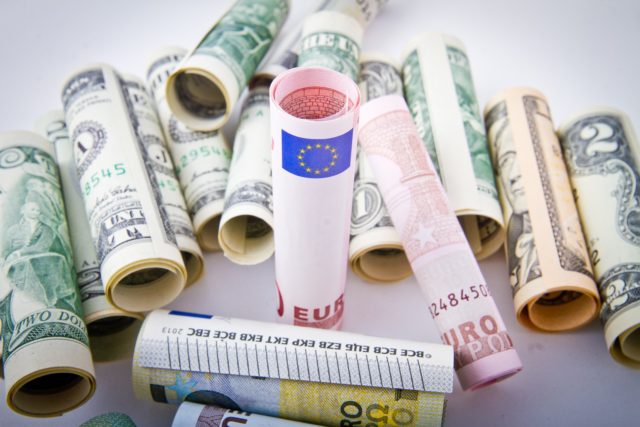Former CBS Credit Union Manager Pleads Guilty to Embezzlement
The former manager of CBS Employees Federal Credit Union pleaded guilty to bank fraud for embezzling $40 million from his ex-employer.
The 62-year-old man, Edward Martin Rostohar, entered his plea before U.S. District Judge Otis D. Wright II. A sentencing hearing is scheduled for September 16. Rostohar will face up to 30 years in federal prison.
“With embezzlement, the person who has stolen money or property had at one point legal possession of it and deceived the people or, in most cases, the company ownership or shareholders, in order to steal it,” says Keller Law Offices.
In the case of Mr. Rotohar, his actions ultimately caused the credit union to become insolvent. Long-running fraud led to the NCUA’s decision to liquidate CBS Employees FCU and halt operations. It was determined that the credit union was insolvent and had no prospect of restoring viable operations.
Elon Musk’s SpaceX Raised More Than $1 Billion in Six Months
Elon Musk’s SpaceX has raised more than $1 billion in financing in six months. The announcement comes as the company plans to roll out its high-speed internet service through satellites, which beam signals from space.
Regulatory filings showed that SpaceX raised $486.2 million through equity offering, starting December, and $535.7 million in another offering that started in April.
The company launched its first batch of 60 small satellites into orbit as part of Musk’s Starlink internet service. Starlink will be a new revenue stream for SpaceX.
The service will need at least 12 launches carrying a similar amount of satellites to provide the constant coverage the company’s is aiming for. Starlink is currently only authorized for U.S. operations.
Huawei Shipments Could Fall by a Quarter This Year
China’s Huawei, which has been crippled by U.S. sanctions, may see a decline of up to a quarter this year. It currently faces the risk that its smartphones will disappear entirely from international markets.
The world’s second-largest smartphone maker may fall between 4% and 24% this year if the ban stays in place, according to Fubon Research and Strategy Analytics. Experts expect the company’s shipments to slide over the next six months, but they have no hard estimate, as there are so many uncertainties surrounding the ban.
The U.S. Commerce Department has prohibited Huawei from buying U.S. goods. The ban applies to services and goods that require 25% or more of U.S.-originated technology or materials. Tech companies, including Google, have said that they will stop supplies and updates to Huawei.








